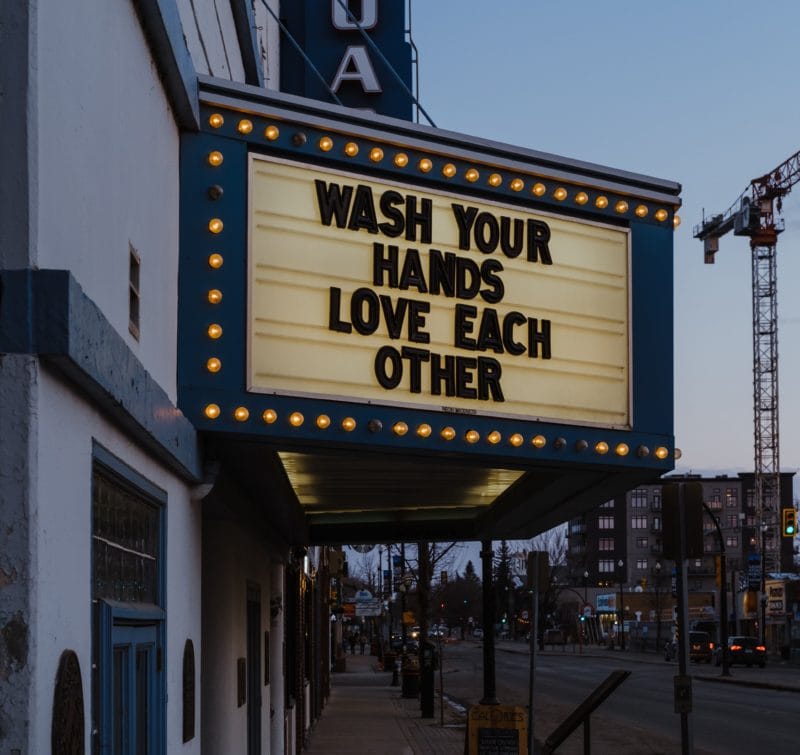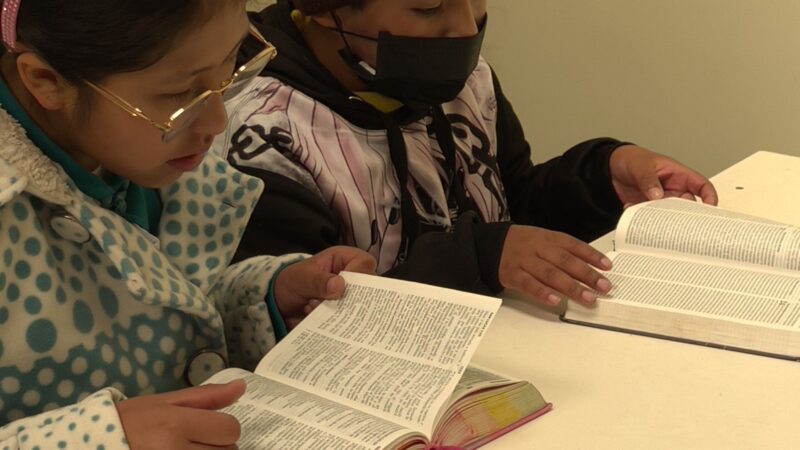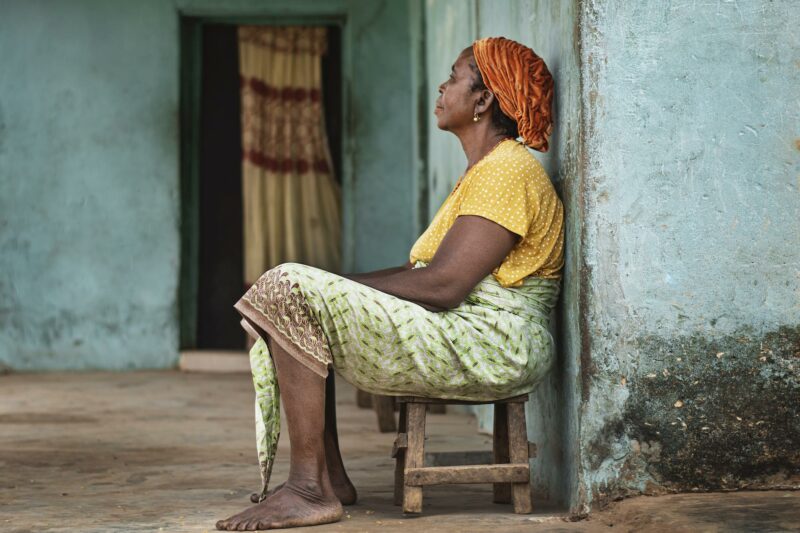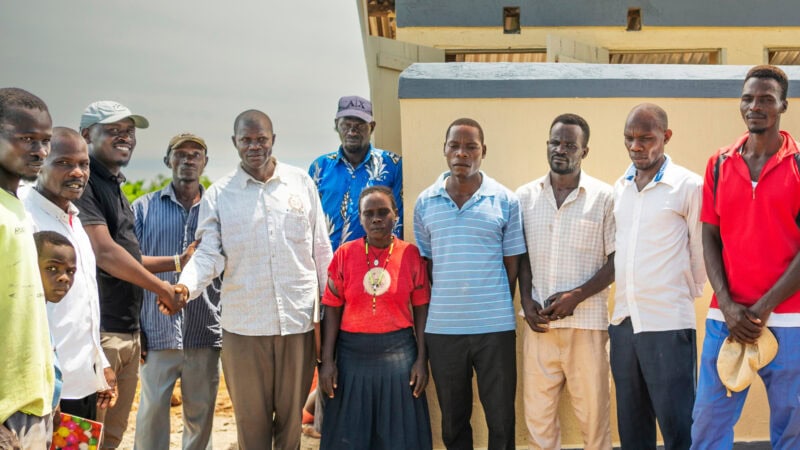Over the last several months, we’ve all heard and applied many different adjectives to the unfolding story that has been COVID-19. We’ve witnessed the spread of the virus across the planet and have been affected in many different ways. New words have entered into our everyday lexicon as social distancing, isolation, and quarantine have become common topics of discussion.
Many are now working from home and attempting to stay connected while at a distance. We’re certainly more acutely aware of the coughing habits of others, and I’d be willing to bet that many of us have never washed our hands quite so often.
Despite all these changes, there’s a broader and refreshingly optimistic message to be found in all of this.
Over the last few decades, our culture has shifted to a more “me” centric ethos wherein truth has become subjective to the beholder. The popular platitude “you do you” has given rise to the idea that we are all independent of one another and can, therefore, make decisions based solely on our desires. COVID-19 has effectively crushed that ideology. To the contrary, recent months have only demonstrated just how interconnected we are.
It’s fascinating to consider that, in a time of mandated isolation, the need for social responsibility and interconnectivity is most keenly demonstrated. We find ourselves faced with a delightful contradiction of terms as we “unify in isolation” against the spreading of this virus. We see that the actions of some affect the prospects of all.
This truth should affect the way we live our lives and the choices that we make as it pertains to others.
When COVID-19 first ravaged China, it was easy for many to watch dispassionately from afar and partake in the suffering only in the digital sense. So far removed from the problem, we have a way of disconnecting our minds from the reality of another’s position or situation in life. It’s easy to feel as if we’re merely spectators in the drama of another world rather than actors on the same stage in which our lines are coming up next. It’s only when we join the cast on stage that we realize that we’re all in this together and it’s not enough just to watch.
Many people feel afraid these days. People fear sickness, they fear perhaps losing work, but most of all, people fear the uncertainty that surrounds the future. Thankfully, COVID-19 should eventually run its course. People will go back to work, we’ll all stop talking about being in quarantine, and we’ll go on with our lives. The grocery stores will once again have fully stocked shelves, and there will probably still be people hoarding toilet paper for some unknown reason. But that’s just us — what about others?
The sad reality is that for many, there is no grocery store, there is no air-conditioned office, and there is no savings account.
There are many in this world for whom COVID-19 is just another burden on their backs, not to weather with some hope of returning to an unencumbered “normal,” but rather to survive just like every other day. They struggle through this virus medically unprepared, and the future they have to look forward to is bleak.
We have a responsibility not to forget these people. We feel the suffering of others most when we suffer along with them, and if we allow ourselves to take a seat once COVID-19 has dropped from our vocabulary, we will have missed the more important message. We’re all in this together.




